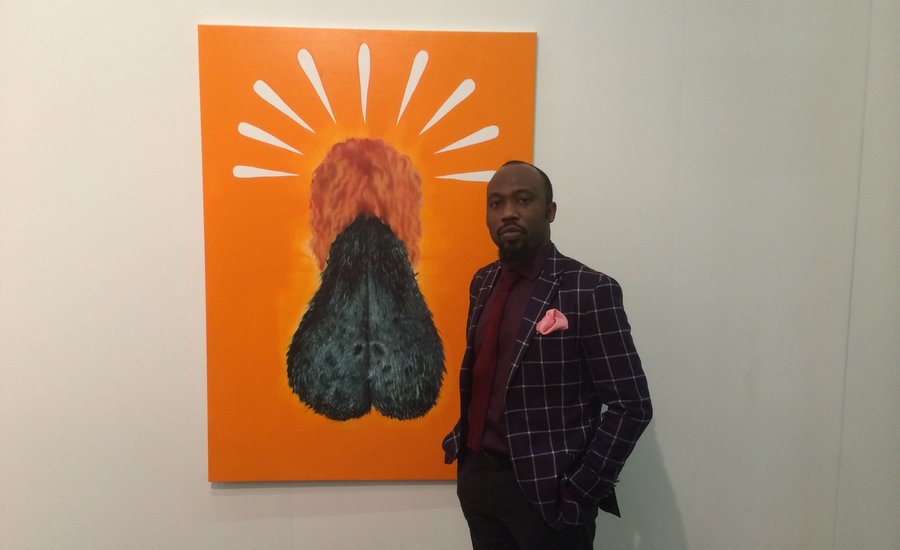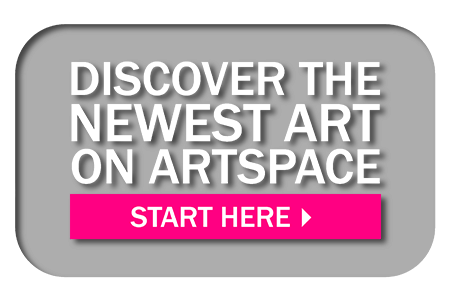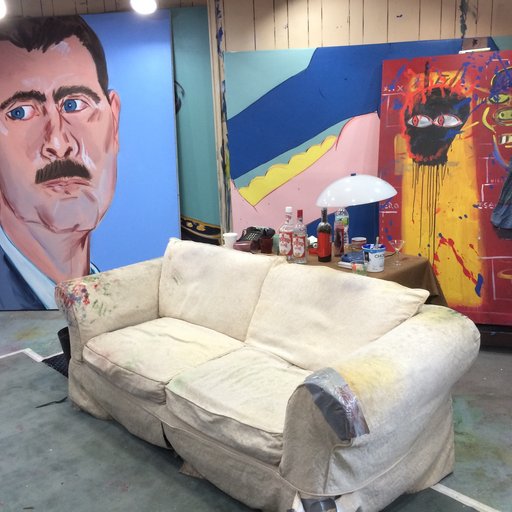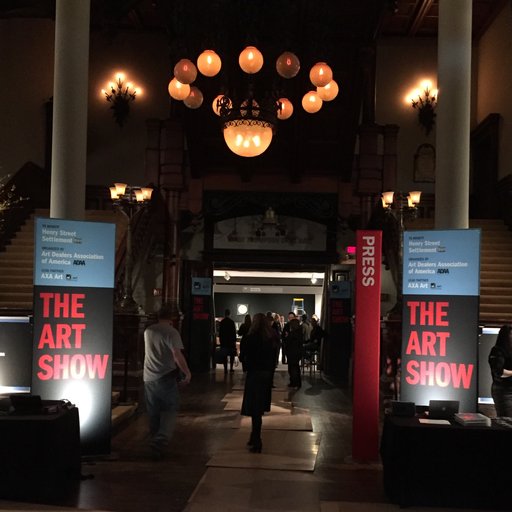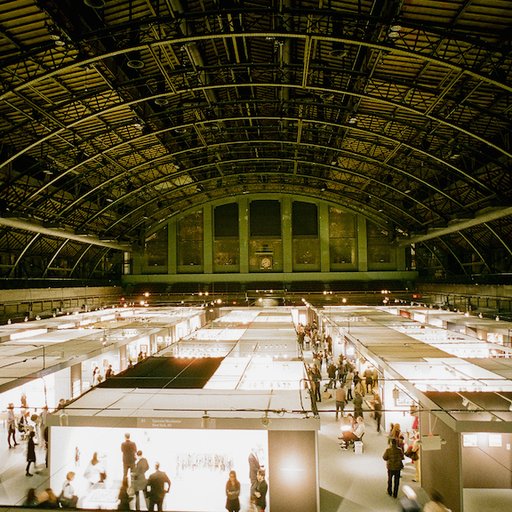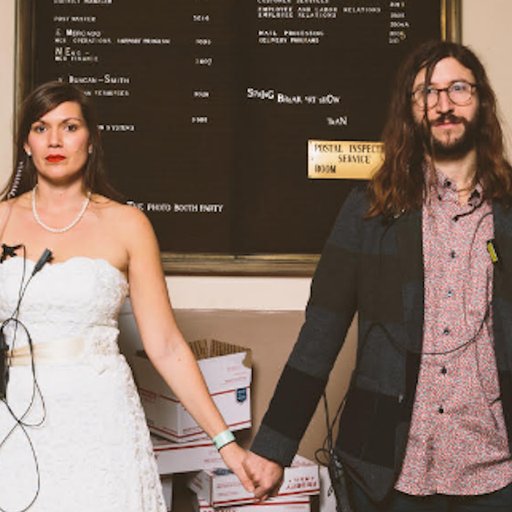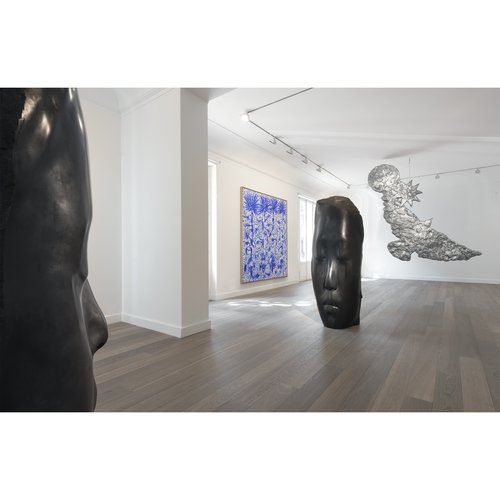You could say that the director of Lagos, Nigeria's Omenka Gallery, Oliver Enwonwu, was born to work in art. As the son of Odinigwe Benedict Chukwukadibia Bonaventure Enwonwu (better known as Ben Enwonwu), perhaps the most celebrated Nigerian modern artists of the 20th century, Oliver saw firsthand the power that the aesthetic shifts of that tumultuous century could bring to bear in a country struggling to assert its independence while also participating in the international landscape.
Educated in England and the United States, the elder Enwonwu combined the traditional Igbo craft traditions of his father (also a sculptor) with the Modernist spirit pervading the first half of the 1900s. One of his most famous works, a bronze portrait sculpture of Queen Elizabeth II made during her 1956 trip to Nigeria, typifies this cross-cultural approach. By the time he died in 1994, Ben Enwonwu had become a lodestone for and key influence on several generations of Nigerian artists, a legacy his son says is readily apparent in today’s burgeoning Nigerian art scene: “He created a new visual language for Nigeria.”
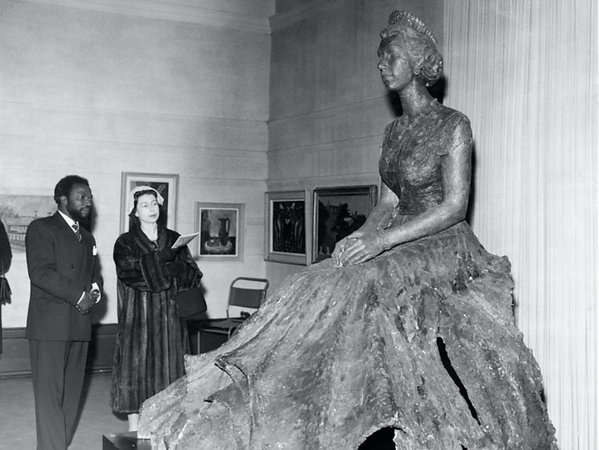 Ben Enwonwu and Queen Elizabeth II in front of Enwonwu's sculpture portrait of the Queen
Ben Enwonwu and Queen Elizabeth II in front of Enwonwu's sculpture portrait of the Queen
Indeed, Oliver Enwonwu started Omenka Gallery, located in the fast-growing and increasingly wealthy city of Lagos, in 2003 to preserve and celebrate the legacy of his father; the gallery itself is housed in Enwonwu’s former home. Omenka Gallery has since expanded its programming to include a variety of Nigerian, African, and international artists, a roster that reflects the director’s expansive vision as well as the diversity of Lagos itself.
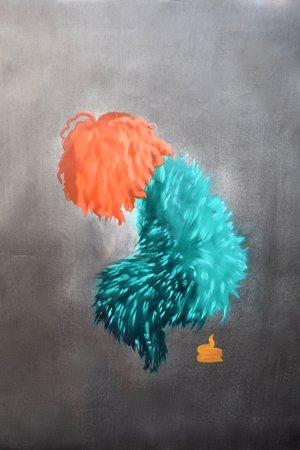 Roadside Dump (2016) by Nengi Omuku, on view in Omenka Gallery's Armory Show booth
Roadside Dump (2016) by Nengi Omuku, on view in Omenka Gallery's Armory Show booth
Enwonwu describes his city’s art scene as “dynamic” despite its relative youth, citing the influx of people from around the world as a catalyst for new ideas and modes of creativity (Lagos is one of the fastest-growing and most populous urban areas on earth). This expanding population brings both artists and patrons, a development that has seen the rise of several galleries (fellow Lagos gallery Echo Art also has a booth at the Armory Show) and auction houses to feed the new interest in contemporary art. Enwonwu’s assistant notes that art is increasingly seen as an investment option for newly wealthy collectors, one that supports the growing art economy.
 Fleeing Horizontally (2014) by Nengi Omuku, on view in Omenka Gallery's Armory Show booth
Fleeing Horizontally (2014) by Nengi Omuku, on view in Omenka Gallery's Armory Show booth
For their part, Emwonwu and his team prefer to focus on the art itself, producing and publishing catalogues on their artists and collaborating with nearby spaces to raise the bar on art in Lagos. The dealer notes that while collectors have historically tended towards more conservative, figurative works, the new “pluralistic society” (as he calls it) is increasingly open to more radical and abstract pieces. His Armory booth, featuring works by the young painter Nengi Omuku, is just one example of how tastes are changing. “We want to push our artists to grow,” he says. “Cross-fertilization is key.”











